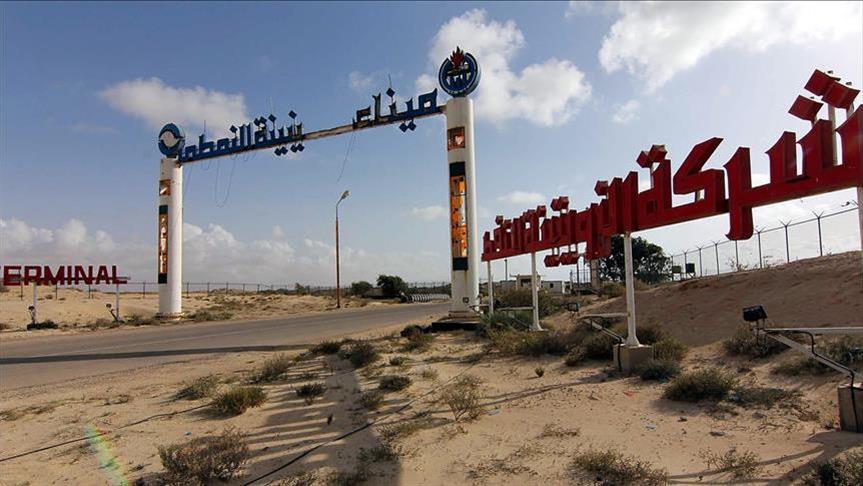Oil prices were down Tuesday, losing gains made during the previous session, as Libya prepares to restart crude oil exports while intensifying concerns over a possible rise in the glut of supply on the global market.
International benchmark Brent crude was trading at $41.63 per barrel at 0644 GMT for a 0.19% decline after closing Monday at $41.71 a barrel.
American benchmark West Texas Intermediate (WTI) was at $39.41 a barrel at the same time for a 0.73% loss after ending the previous day at $39.70 per barrel.
On Monday, Brent crude gained 3.24% and WTI soared by 4.86% as oil consumption in Asia, Europe and North America showed signs of increases with the summer driving season kicking off, indicating that global oil demand is on the rise.
However, with Libya announcing its preparations to restart crude exports, investor risks are heightened over the possibility of adding more supply to the glut on the market, which would put a greater pressure on prices.
Libya's National Oil Corporation (NOC) revealed in a statement on Monday of its optimism in the ongoing negotiations to resume oil production over the past several weeks under the supervision of the United Nations and the US.
"The Corporation is hopeful that those regional countries will lift the blockade allowing the NOC to resume its vital work for the benefit of all the Libyan people," the statement read.
"The Corporation also intends for the agreement to include solutions to protect the oil facilities and to make sure they are never used as a military target or a political bargaining chip again," it added.
Since forces loyal to Khalifa Haftar, the renegade leader in opposition to the UN-recognized government, closed major oil ports on Jan. 18 this year, Libya's crude oil exports and production witnessed a sharp decline.
Despite having the largest proven crude oil reserves on the African continent, Libya's crude oil output fell to 82,000 barrels per day (bpd) in May 2020, down from an annual average of 1.1 million bpd in 2019, according to OPEC data.
Libya's restart of crude exports could increase global oil supply by 1% in a market that is already oversupplied due to coronavirus-related weak demand.
The North African country is not yet part of the OPEC+ agreement that is curbing the members' total oil production by 9.7 million bpd until the end of July 2020.
On the demand side, the possibility of a second wave of COVID-19 poses a significant risk against overall oil consumption around the world and keeps crude prices under pressure.
By Ovunc Kutlu
Anadolu Agency
energy@aa.com.tr


